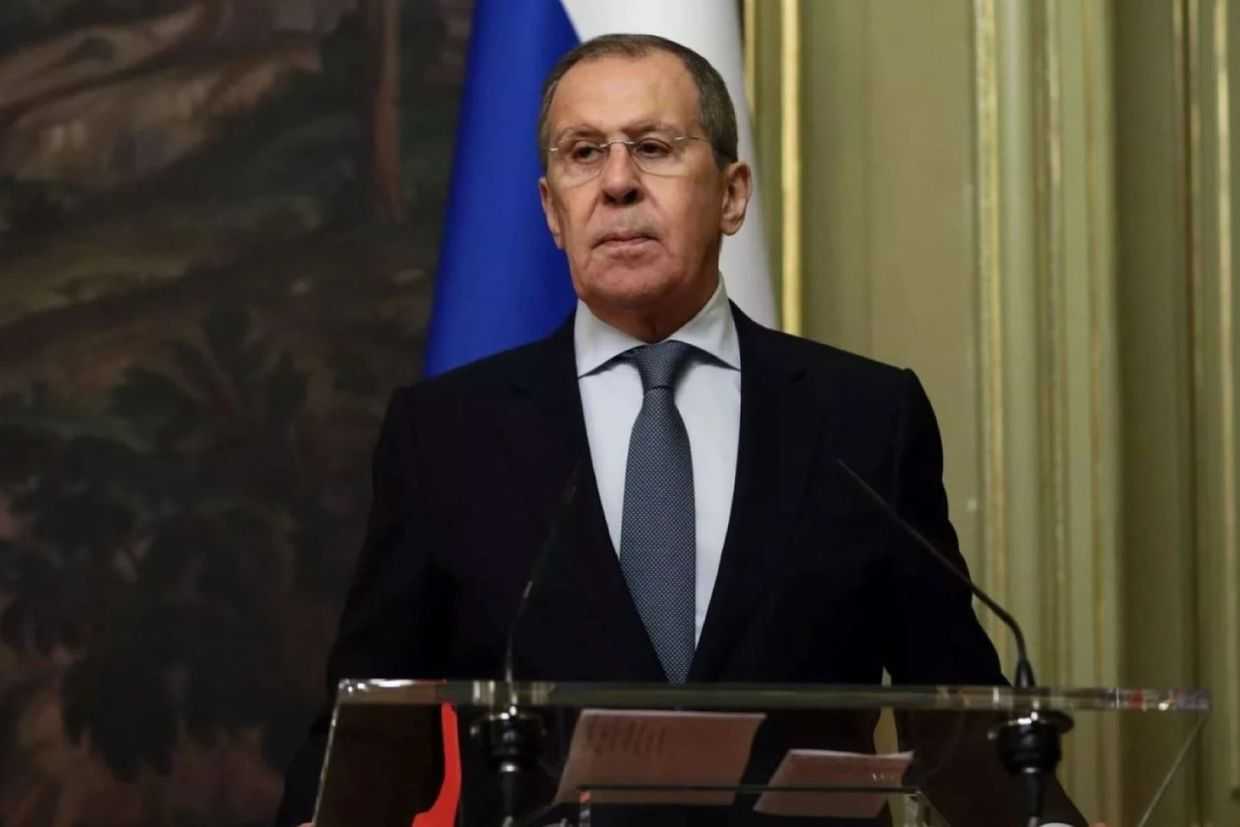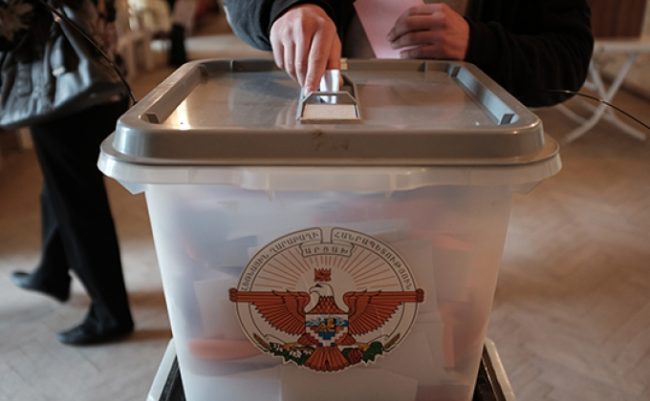
Georgia does not rule out participating in 3+3 platform
This is not the first time Russian Foreign Minister Sergei Lavrov has offered Georgia to become a part of the platform.


 Polls have opened in a referendum to amend the constitution of the de facto Republic of Nagorno Karabakh. If approved, the changes would create a presidential system of government, and change the name of the breakaway republic to Artsakh.
Polls have opened in a referendum to amend the constitution of the de facto Republic of Nagorno Karabakh. If approved, the changes would create a presidential system of government, and change the name of the breakaway republic to Artsakh.
According to Artsakhpress, an Armenian-language news-agency based in the capital, Stepanakert, 280 polling stations in 11 electoral districts opened at 08:00 on 20 February.
According to Artsakhpress, 100,000 people are eligible to take part in the referendum. The constitutional referendum will be overseen by 2,222 Central Election Commission members. Over 100 international observers from more than 30 countries, as well as 103 local observers, and more than 80 media representatives will follow the voting process. The polling stations will close at 20:00.
Following a 2006 referendum, Nagorno-Karabakh has had a semi-presidential system of government. The referendum envisions a transition to a more centralised, presidential system, which would give Bako Sahayan, serving his second term as a President, a chance to maintain power.
The change in the constitution mirrors a referendum in Armenia in December 2015, according to which Armenia transitioned from a presidential to a parliamentary system of government. This move was perceived by many as an attempt by current president, Serzh Sargsyan, whose second term as president expires in 2018, to maintain power by running for Prime Minister.
In addition to the change to a presidential system, the referendum in Nagorno-Karabakh also suggests a change of the breakaway region’s name. If people agree, the Nagorno-Karabakh Republic will be renamed Artsakh, its ‘historic name’.
According to Armenian historic narratives, the Kingdom of Artsakh was one of the last medieval eastern Armenian kingdoms and principalities to maintain its autonomy following the Turkic invasions of the 11th to 14th centuries. Much of historical Artsakh is believed to overlap with the region of Nagorno-Karabakh.
If the majority votes for the changes, the Republic of Artsakh will be written in the first paragraph of the Constitution, but both names will usually still be used.
The referendum is considered illegal by, among many others, the Azerbaijani government, who claim that Nagorno-Karabakh is legally part of Azerbaijan. ‘It constitutes a clear violation of the Constitution of the Republic of Azerbaijan and the norms and principles of international law, and, therefore, has no legal effect whatsoever’, an official statement by the MFA of Azerbaijan reads.
Russian news agency Tass quoted the Russian Foreign Ministry as saying that they do not recognise Nagorno-Karabakh as an independent state and they don’t believe that a peaceful settlement could depend on holding the referendum.
According to the co-chairs of the Minsk group of the Organisation for Security and Cooperation of Europe (OSCE), which is working to find a solution to the Nagorno-Karabakh conflict, the results of the referendum ‘in no way prejudge the final status of Nagorno-Karabakh or the outcome of the ongoing negotiations to bring a lasting and peaceful settlement to the conflict’.
Nagorno-Karabakh is a disputed territory internationally recognised as a part of Azerbaijan, which has not exercised power over most of the region since 1991. Most of the region, which has a majority ethnic Armenian population, is controlled by the de facto Republic of Nagorno-Karabakh, backed by Armenia. The conflict, which dates back to the break-up of the Soviet Union, cost the lives of some 30,000 people and displaced 1 million.